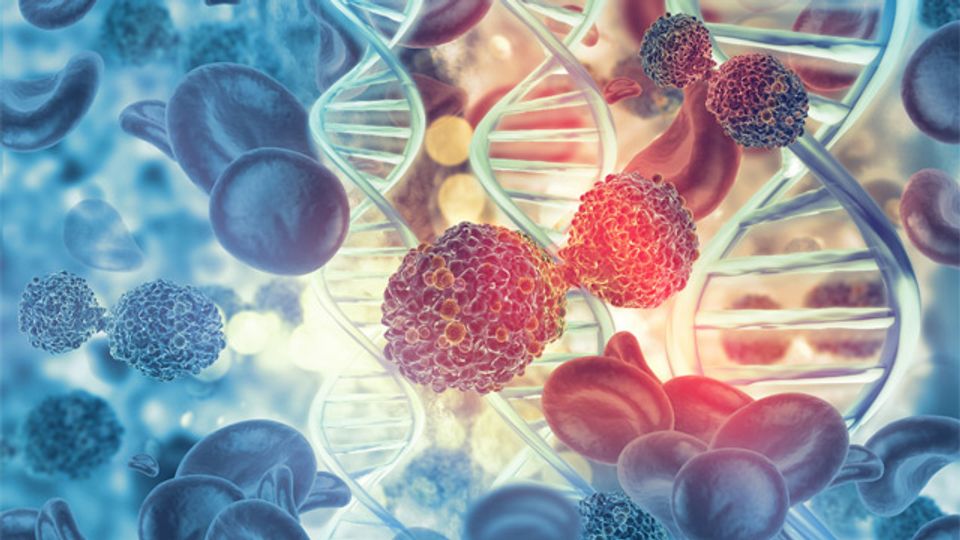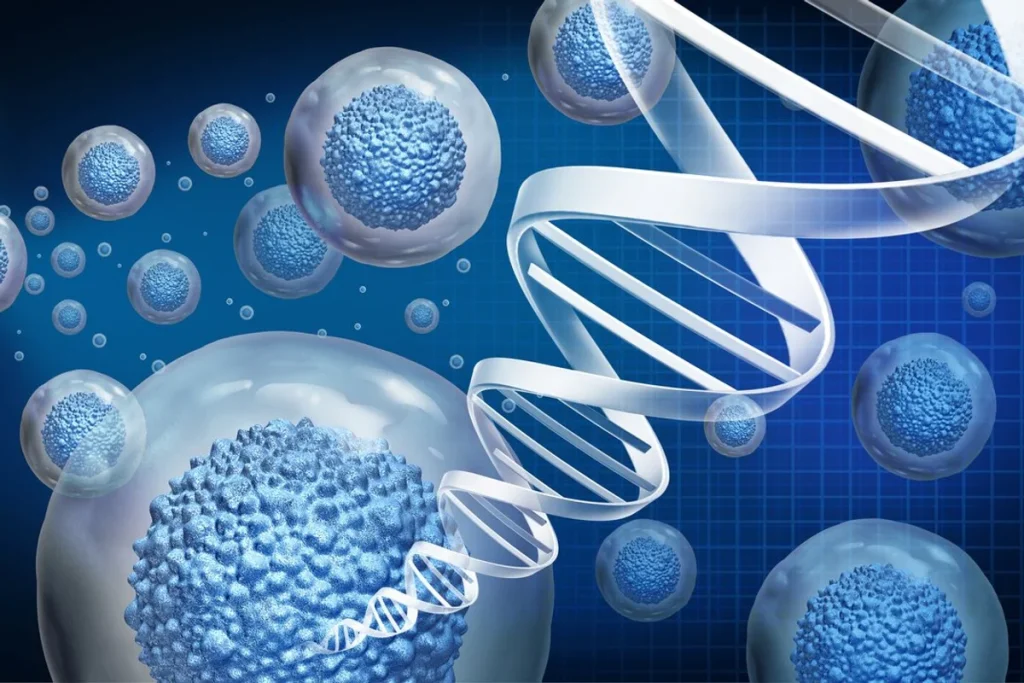Regenerative medicine offers hope in treating genetic disorders. This field focuses on healing damaged tissues and organs. It taps into the body’s natural ability to repair itself. Research is already making strides with this approach. For instance, scientists are using gene editing to correct faulty genes. This could revolutionize how we treat conditions like cystic fibrosis and muscular dystrophy. Regenerative medicine’s potential also extends beyond genetic disorders. The same techniques could help with issues like “georgia long covid.” This approach aligns with a trend seen throughout history—finding innovative ways to harness natural processes for better health.
What Is Regenerative Medicine?
Regenerative medicine involves replacing or repairing damaged cells in the body. The goal is to restore normal function. This is different from traditional medicine, which often focuses on treating symptoms. In regenerative medicine, we aim to cure the root cause of diseases.
There are three main approaches:
- Cell Therapy: Uses living cells to repair damaged tissue.
- Tissue Engineering: Combines cells and materials to create new tissue.
- Gene Therapy: Alters genes to treat or prevent disease.
Each approach has its strengths and challenges. Researchers are working hard to make these methods safe and effective. For more information, the National Institutes of Health provides a wealth of resources on ongoing studies.
How Can It Help With Genetic Disorders?
Genetic disorders occur due to abnormalities in DNA. These can lead to chronic illness and disabilities. Regenerative medicine offers a way to fix the underlying genetic issues. Here are some examples:
| Disorder | Potential Treatment | Status |
|---|---|---|
| Cystic Fibrosis | Gene Editing | Clinical Trials |
| Muscular Dystrophy | Stem Cell Therapy | Early Research |
| Sickle Cell Disease | Gene Therapy | Approved Treatments |
The potential is vast, but the journey is complex. Addressing genetic disorders through regenerative medicine could transform lives. Yet, it requires careful, sustained research to ensure safety and efficacy.
Challenges and Considerations
While the promise is great, several challenges remain. Ethical concerns arise, particularly with gene editing. For instance, altering DNA in embryos sparks debate. There are also technical hurdles. Ensuring long-term safety, avoiding unwanted effects, and making treatments affordable are key concerns.
Researchers are tackling these issues. By working with regulatory bodies and ethicists, they strive for solutions that balance innovation with responsibility. The National Human Genome Research Institute explores these ethical, legal, and social implications in depth.
The Future of Regenerative Medicine
The future looks promising. Continued research and collaboration are crucial. As technology advances, so does the potential for breakthroughs. Personalized medicine, where treatments are tailored to an individual’s genetic makeup, could become a reality. This approach may lead to more effective, long-lasting solutions for genetic disorders.
History shows us that medical innovation often faces hurdles before success. Consider the development of vaccines. Initial skepticism and technical challenges eventually gave way to global health improvements. Regenerative medicine is on a similar path, offering hope and transformation.
In conclusion, regenerative medicine holds great promise for treating genetic disorders. While there are challenges to overcome, the potential benefits are immense. With continued research and ethical consideration, this field could lead to groundbreaking treatments that improve lives worldwide.

